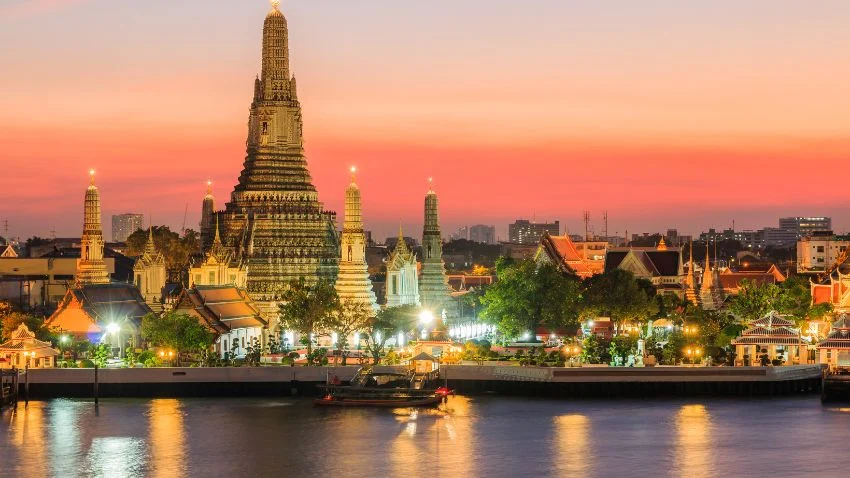Thailand’s Prime Minister, Srettha Thavisin, has officially declared the scrapping of the proposed tourist arrival tax. Initially suggested as the nation emerged from the COVID-19 pandemic, the tax, set at 300 baht for airport arrivals (approximately US$9) and 150 baht for land or sea entries, faced opposition from the travel industry due to its perceived ambiguity and potential confusion.
Originally conceived by the National Tourism Policy Committee, the tax aimed to finance medical expenses for foreign tourists involved in accidents or unfortunate incidents. However, it became evident that only a small portion, 10 percent, would be allocated to insurance and would be subject to significant discretion. Subsequently, the proposed fund was portrayed as crucial for the restoration of tourist sites, such as temples and archaeological sites, with plans including the installation of public facilities at attractions and the restoration of religious artifacts. Advocates argued that the surge in post-pandemic tourism necessitated visitor contributions to preserve popular sites.
However, the logistics of collecting the entry tax remained unresolved. Exemptions were outlined for Thai citizens, diplomats, work permit holders, and infants under two years old. Holders of Elite visas and long-term stay permits based on retirement or marriage expressed discontent, as they were not considered “tourists.” Airlines opposed including the tax in ticket prices due to difficulties in determining who should pay. Suggestions for special booths at entry points were dismissed due to potential long queues, which could harm Thailand’s positive image. Alternative methods, such as pre-entry use of credit cards or QR codes, were also deemed impractical due to transaction limitations and processing complexities.
In February 2024, concerns regarding tourist insurance were addressed with the launch of the Thailand Traveller Safety Website, offering cash refunds for accidents resulting in untimely deaths or injuries. However, the scheme is limited to tourists with valid visas and is set to expire in August 2024, emphasizing the importance of pre-registration for potential claimants.
Prime Minister Srettha justified the cancellation, stating that the abandoned scheme wasn’t worthwhile. Instead, he expressed confidence in the increasing number of overseas visitors contributing to national revenue. However, expatriates, particularly those relying on untaxed pensions and policies, seek clarity on Thailand’s taxation policies regarding overseas income, highlighting another contentious issue.





